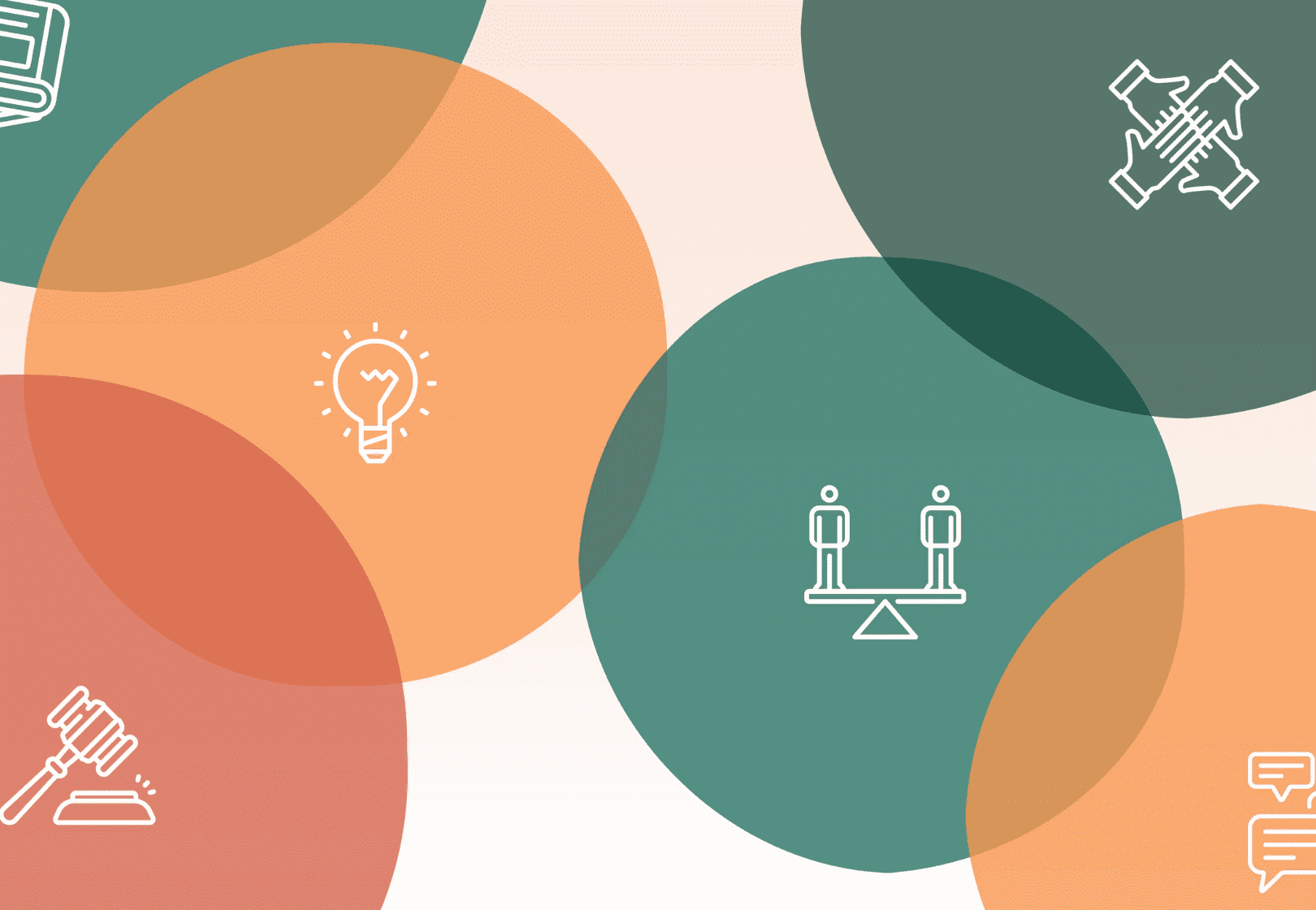Putting People at the Centre of BC's Overdose Crisis
In this session we cover innovative peer-led, harm reduction services in BC

There is a recognition that we must be innovative, collaborative, and agile to address the challenges that our society is grappling with. We are experiencing two major public health emergencies: the COVID-19 pandemic and the overdose crisis. In isolation, these two crises have profound impacts on our community. In conjunction, that impact has grown significantly.
Across Canada, we’re seeing some ground-breaking approaches and initiatives being carried out to support the people most impacted by these emergencies. We heard about two incredible examples in last week’s Speaker Series session.
Our session kicked off with Dr. David Browning, a GP with a specialization in supporting people with addictions. Dr. Browning provided insight on the tools and approaches that are working to curb the overdose crisis from his years of expertise serving individuals in Vancouver’s Downtown Eastside.
His presentation illustrates how his team works to support people with problematic substance use, including the steps they may take, the patterns and trends that he observes, and how he defines success in recovery.
Recovery is not necessarily a clean linear process; it looks different for everyone, as do people’s needs and goals related to substance use more broadly. This perspective permeated both programs featured in this month’s session.
“I try to view addiction as a kind of spectrum condition, with traumatic experiences really being the root of it all. While there are obviously other factors involved, there would seem to definitely be a strong correlation between the severity of the individuals’ addiction and the severity of their painful traumatic experiences. In this light… then we are all on this spectrum, and dealing with our unresolved pain the best that we can.”
– David Browning
Dr. Browning spoke to how his team has adapted their services in order to continue providing comprehensive care amidst COVID-19 restrictions, which continue to be grounded in trauma-informed, person-centered, and when appropriate harm reduction approaches.
He also touched on some commonly used medicinal treatment options, how they affect the brain and the use cases that make them particularly successful.
“Overall I view these harm reduction measures as a way of easing suffering and assisting these individuals with severe trauma until they may be ready or willing to really look at their pain and try to work through it. Of course, with some individuals, this is very unlikely to happen due to the severity of trauma and the world that they live and function. We walk a fine line between idealism and pragmatism but ultimately… it’s meeting every individual at their current situation.”
– David Browning
We also heard from Joel Rustin and Jillyan MacNeil – two Peer Mentors with JHS Nanaimo.
Joel set the stage by describing how their Community Transition Team works to support individuals transitioning to the community from correctional facilities, what makes this program so innovative, and what it means for him to be a Peer Mentor.
“We offer a variety of support in the area of release planning and outreach services. Upon release we can help clients attend health care appointments, get medications, apply and transport to treatment, give information and access to community resources (such as) counselling, social housing, harm reduction goals, food bank, cultural clothing, 12-step meetings, smart meetings…”
– Joel Rustin
Unique to the Community Transition Team’s approach is their ability to connect with prospective clients while they’re still residing in a correctional facility. This allows the team to bridge the gap between corrections and the community and help set people up for success.
“Being a Peer, it’s really sacred in a lot of ways to make connections with people in this controlled environment… in this environment, they’re more vulnerable with us, I think. It’s a really cool part of our model.”
– Joel Rustin
Jillyan MacNeil, the most recent Peer to join JHS Nanaimo’s Community Transition Team shared her own story with problematic substance use, and how she got to where she is today. Through her story, she demonstrates her commitment to providing a harm-reduction, person-centered approach in her work.
“As a Peer I get to have these meaningful conversations about the harm reduction I use in my own life, as every person’s journey through substance abuse and recovery is different, so are their views on harm reductions.”
– Jillyan MacNeil
Jillyan is able to use her lived experience to support people who are going through similar challenges that she’s experienced herself, or at least challenges that she can relate to from her own past. This is a key element of the program.
“Working with my fellow CCT peer Joel is constantly a reminder of how people can overcome and thrive through recovery. No life is disposable because of action, and we’re living proof. I believe peer mentorship has a special place in all programs, and the passion from lived experience is an asset to our clients, co-workers, and employers”
– Jillyan MacNeil